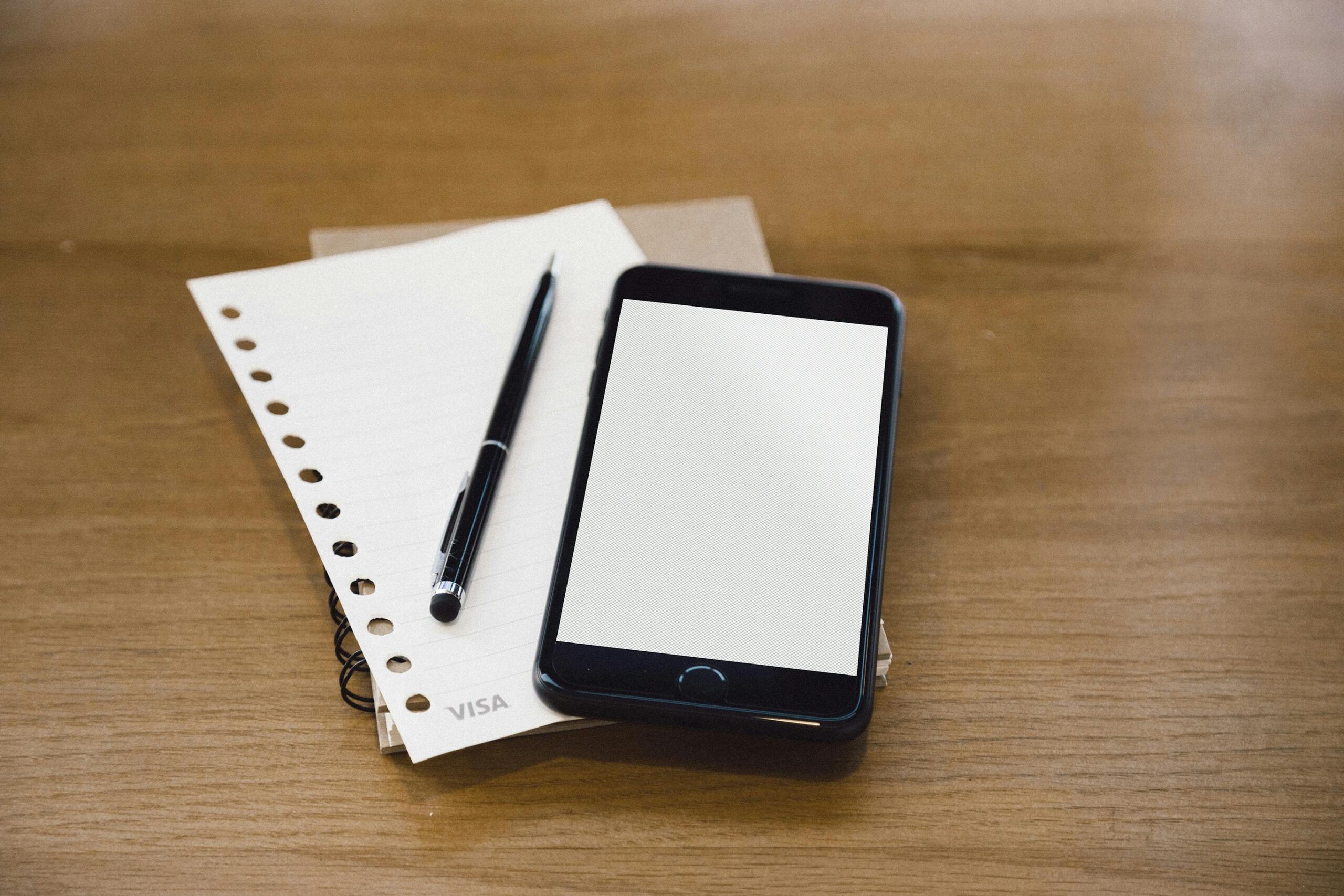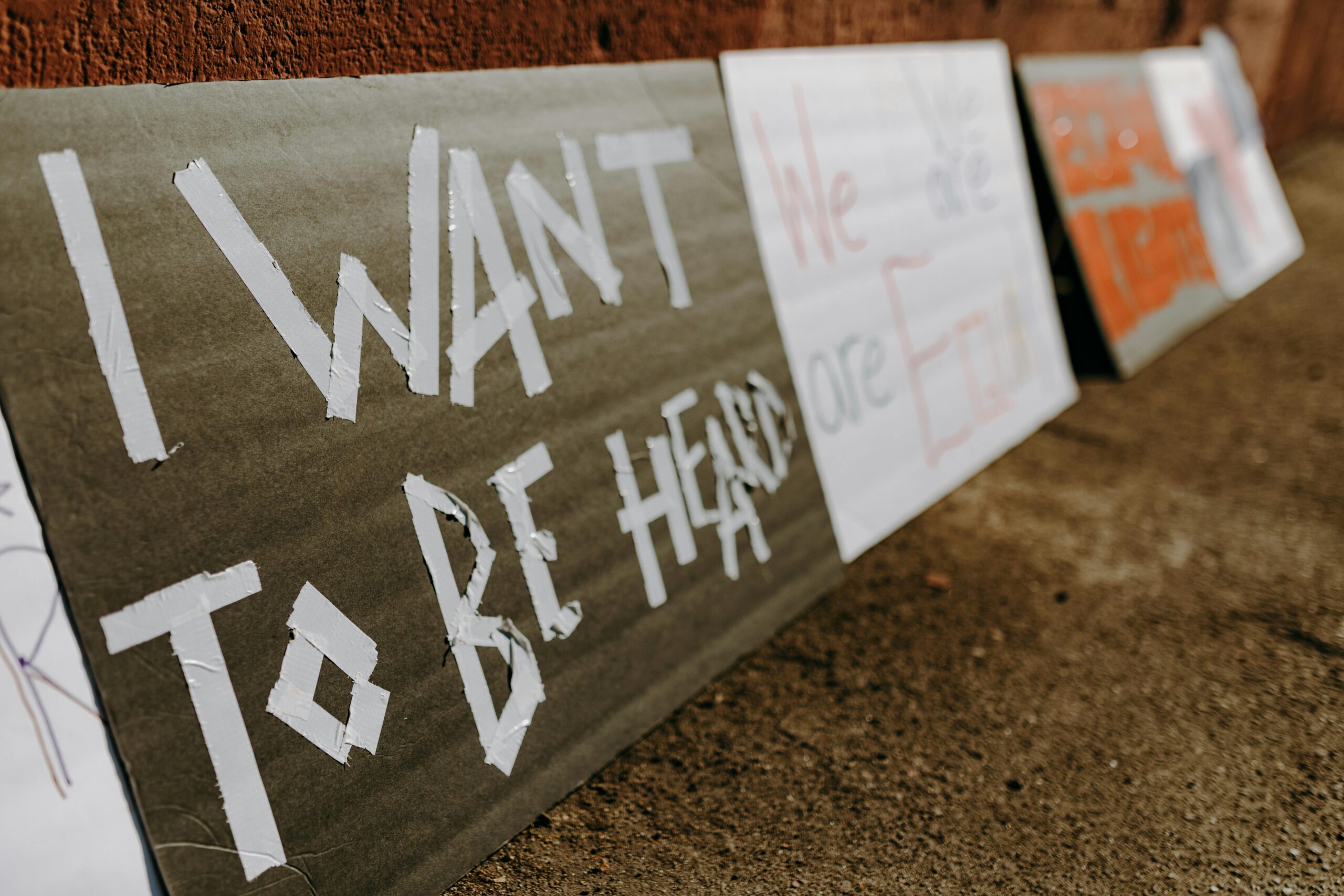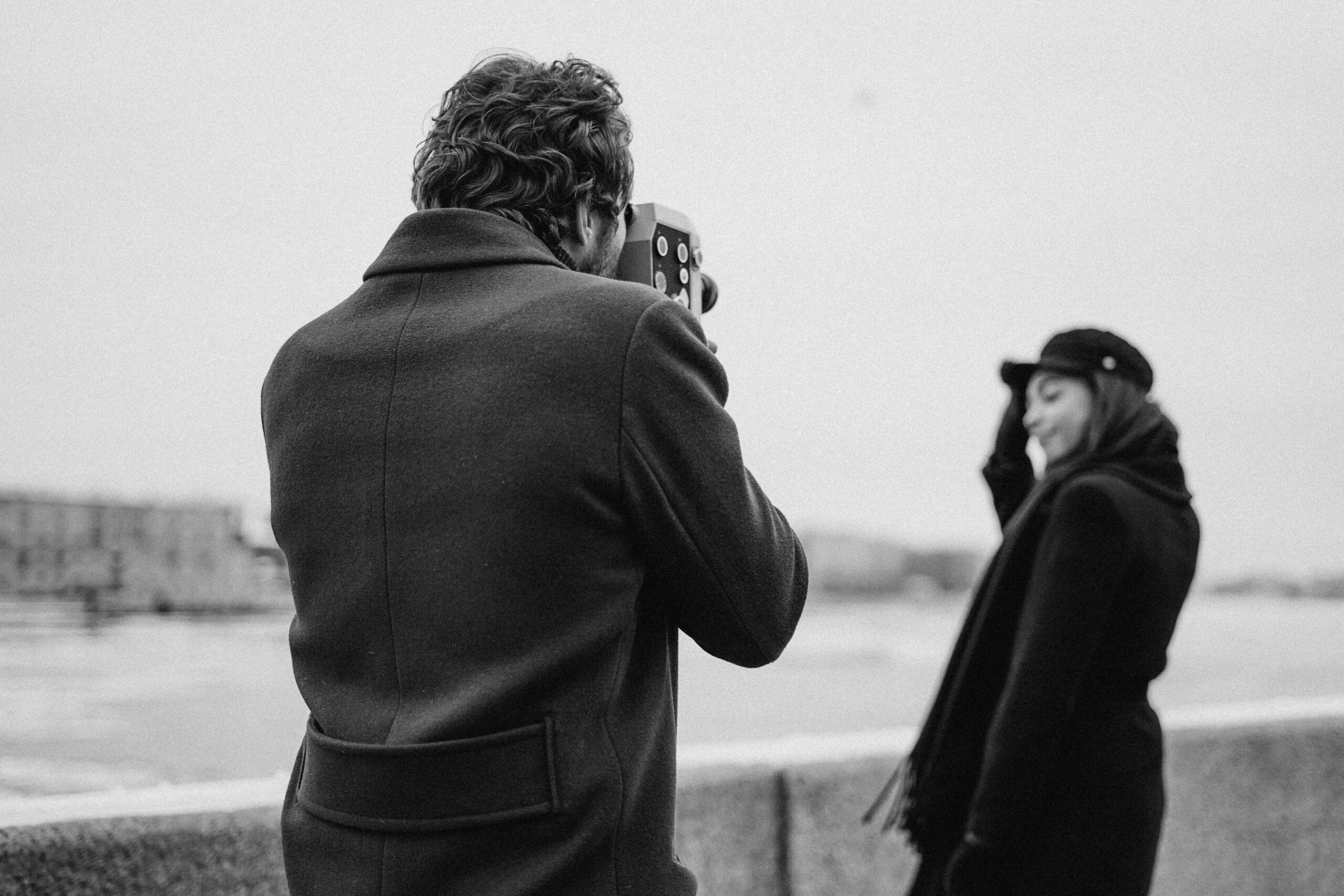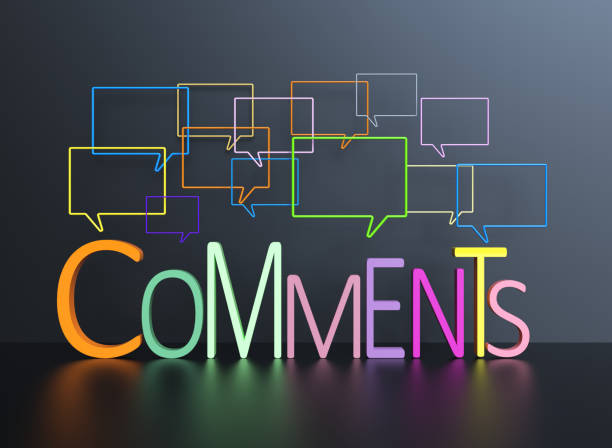When Screenwriters Preserve Politeness from Page to Scene
In an age wherein blunt talk often dominates the display show, the quiet paintings of politeness in screenwriting offers a clean and nuanced layer to storytelling. From the earliest drafts to the very last reduce, the aware attempt with the useful resource of manner of screenwriters to maintain courteous tones not most effective refines the man or woman arcs but additionally deeply impacts the emotional resonance of scenes. This isn’t quite tons manners—it’s about because of this, subtlety, and impact.
The Power of Politeness in a Script
Screenwriting is frequently about warfare, drama, and catharsis. But even amidst tension, politeness can act as a effective narrative device. When screenwriters pick out to jot down down characters who are thoughtful in speech and movement, they introduce a shape of restraint that frequently makes a scene greater excessive—now not plenty less.
Take a study period dramas like Downton Abbey or films like The King’s Speech. These scripts thrive on layers of social etiquette. The stakes are in no way reduced thru politeness; they’re raised. A courteous disagreement, delivered with poise, can be a long way more gripping than a shout.
Why Writers Choose Politeness
Politeness in scripts isn’t quite plenty sounding formal or right. It serves a couple of capabilities. First, it builds person. A kind, affected individual speaker famous a wonderful ethical code or upbringing. Second, it units a tone. In genres like romance, historic drama, or maybe thoughtful technological knowledge fiction, courteous exchanges build a stylish rhythm in storytelling.
Furthermore, politeness can reflect putting. A Victorian individual using present day slang ought to interrupt immersion. Thoughtful speak rooted in manners adds realism and depth. For screenwriters, that may be a subtle but important technique for global-constructing.
Screenwriting Techniques to Maintain Politeness
Polite talk isn’t accidental. It’s the stop cease end result of planned choices. Here are a few strategies used by screenwriters to preserve civility intact, even in moments of tension:
Use of Indirect Language: Instead of blunt refusals, characters could in all likelihood say, “I’d pick out not to,” or “Would you mind if…?” This softens rejection and indicates attention.
Respectful Address: Using titles like “sir,” “ma’am,” or “Mr. Smith” provides formality and cultural context.
Avoiding Profanity: Even in heated arguments, omitting or limiting profanity can mirror a man or woman’s private code or social constraints.
These gear assist preserve a script’s emotional maturity whilst emphasizing intensity and subtlety.
Translating Courtesy from Page to Scene
Writing polite communicate is one issue—making it art work on show screen is some different. The average normal performance layer is essential. A well mannered line introduced ironically also can reverse its due to this. That’s why administrators and actors must interpret no longer genuinely the phrases, but the purpose inside the returned of them.
Take Pride and Prejudice as a cinematic instance. Jane Austen’s characters are rooted in social codes, and their civility often hides emotional turmoil. When Mr. Darcy says, “You have to allow me to inform you the way ardently I respect and love you,” it’s no longer surely polite—it’s inclined. The restraint adds weight. The scene turns into a masterclass in managed ardour.
Politeness as Emotional Tension
One of the best misconceptions in writing is that battle need to constantly be loud. In truth, silence and civility can create brilliant anxiety. Think approximately courtroom dramas or political thrillers. A lawyer’s calm “Objection, your honor,” spoken with quiet precision, can echo louder than any scream.
In such moments, screenwriters aren’t without a doubt maintaining off war of words—they’re elevating it. Politeness turns into a masks, a tool for strength, or a weapon for subversion. It’s especially powerful at the same time as paired with visual storytelling—tight near-ups, deliberate pauses, and ambient silence. The show magnifies what’s unsaid.
Case Study: Aaron Sorkin and Respectful Debate
Few screenwriters stability wit and decorum like Aaron Sorkin. In The West Wing, characters have interaction in complicated debates with out descending into chaos. Instead, their civility frames their intelligence. They interrupt, yes—however further they listen. Even underneath strain, strains like “With all due recognize…” or “Forgive me for interrupting…” keep professionalism.
Sorkin proves that intellectual tension and dramatic payoff can coexist with courtesy. It’s not about softening battle—it’s about refining it.
Cultural Layers of Politeness
Politeness isn’t general—it’s cultural. What sounds courteous in British English would possibly sound passive-competitive in American English. In Japanese cinema, bowing or the use of honorifics plays a huge feature in expressing deference. In evaluation, Middle Eastern scripts frequently use poetic speech or spiritual references as a form of politeness.
A professional screenwriter adapts to the ones nuances. They studies nearby expressions, idiomatic phrases, and tonal subtleties. This cultural cognizance prevents well-known speak and facilitates real illustration.
Challenges in Writing Politeness
Of direction, there are challenges. Too heaps politeness can feel unrealistic or overly formal. Viewers also can find it remote or unnatural. That’s why screenwriters frequently balance politeness with moments of uncooked honesty. It’s about pacing—the usage of civility wherein it complements the instant, and dropping it whilst anxiety must smash via.
Another pitfall is making polite characters appear passive or inclined. But politeness should not suggest lacking conviction. In truth, whilst used successfully, it may replicate inner power. A character who says “I respectfully disagree” isn’t yielding—they’re status company with dignity.
Politeness and Genre Expectations
Different genres address politeness in every other way. In horror, courteous communicate may need to make a villain greater chilling—accept as true with a killer providing tea earlier than delivering a danger. In comedy, politeness may be exaggerated for laughs. In sci-fi or delusion, it often gives an alien or archaic excellent to speech, enhancing international-building.
Screenwriters want to remember fashion conventions. Where politeness feels out of location, it have to be used sparingly—or twisted to subvert expectancies.
From Script to Emotion
At its coronary coronary heart, politeness in screenwriting is ready emotional texture. When characters communicate kindly—even when indignant—they provide visitors a moment of contemplated image. Their restraint will become a replicate for our private behavior.
Consider Good Will Hunting. In a key scene, the therapist carried out thru Robin Williams tells Will, “It’s no longer your fault,” again and again. He says it gently, patiently, without stress. That kindness breaks through Will’s emotional defenses. It’s a deeply powerful scene, now not irrespective of its softness—but due to it.
Conclusion: Writing with Grace
Screenwriters who keep politeness from internet net page to scene don’t just write lines—they shape the soul of a film. Politeness isn’t a challenge—it’s a lens. It refracts anger, satisfaction, grief, and love into something uniquely cinematic.
When communicate is written with care, and at the same time as characters communicate with interest—even in darkness—what emerges is not simplest a script, however a tale that breathes with grace, humanity, and enduring resonance.





